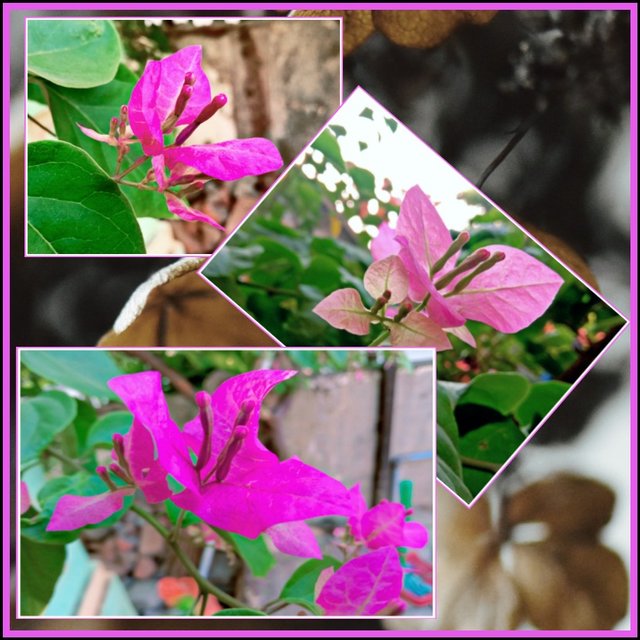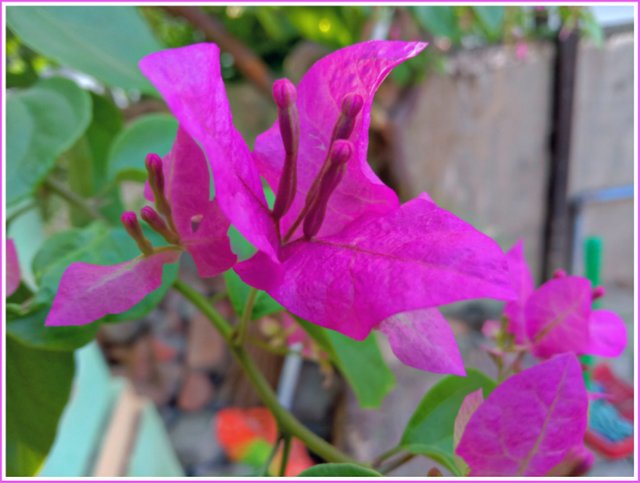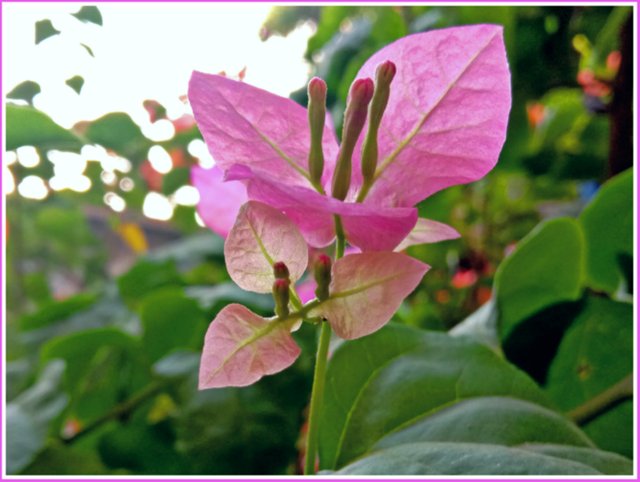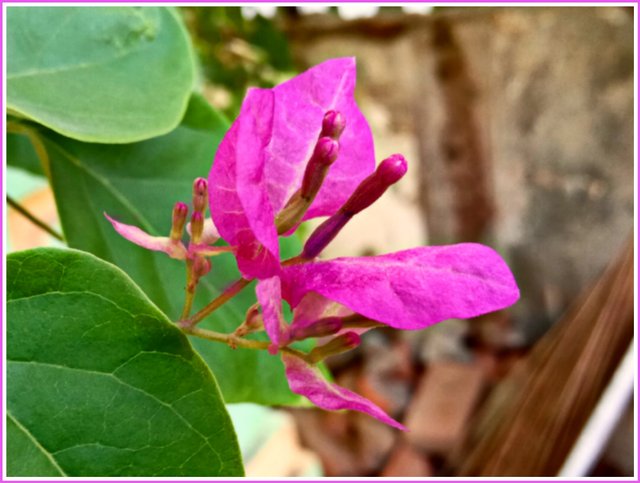The charm of the Ashoka flower
Greetings ... To all the stemians on this blog, good afternoon! How are you? Of course, in the protection of the one and only God, and always healthy...
Stay enthusiastic and always be successful on the Steemit blog.

Do you know this flower figure? Of course you are very familiar and understand it because this plant is always everywhere and often grows in any country except in the Antarctic region, this is due to the influence of natural conditions in the area itself so that this plant cannot adapt to the Antarctic environment, an environment that is so cold that it exceeds adaptation measure of the plant itself.
This plant is known as the Ashoka Flower which is often favored by women in Asia, even this plant has become a top priority for Acehnese women in recent years, so it's no wonder it is often seen planted in front of someone's house.
This beautiful flower has a variety of colors from the colors:
- White
- Pink
- Red
- Yellow
- Blue
- Orange
- and several other colors.
Even....

There are also other mixed colors that are processed by the team by grafting so that they produce other special colors.
Even though it has a variety of colors, I am very interested in this one color, namely Pink (as you can see in the picture)
Its captivating beauty which is based on its shape and color is one of the attractions for fans in every region or in every country.
Besides that, it he also has a fragrant and distinctive aroma, this is often smelled at night, so that the aroma will be felt when the air gets colder.
Moreover, it grows in the coastal area when the sea breeze blows it slowly so that it seems that its caresses look real at night. The fragrance is one of the reasons for lovers to always amaze him.
This Ashoka plant is also very beautiful to make a beautiful home yard fence if it is planted in rows in the shape of a rectangle according to the location of one's house.

Then...
The attraction is not only experienced by lovers but makes an attraction for experts, so many experts research it both in terms of shape, benefits, and other things with the aim of getting to know him more closely.
So that there are many conclusions for him as described by an expert who writes on one of the famous media on Wikipedia such as:
The characteristics are described below;
| ☛ | ☚ |
|---|
| Kingdom | Plantae |
|---|---|
| Division | Magnoliophyta |
| Class | Magnoliopsida |
| Order | Fabales |
| Family | Fabaceae |
| Subfamily | Caesalpinioideae |
| Nation | Detarieae |
| Genus | Saraca |
| Species | S. asoca |
| ☛ | ☚ |
|---|
In fact, there are still many opinions of experts in classifying this Ashoka plant, of course, it is still in its scientific domain.

In my own experience, I very often find fragrant aromas in this plant, as far as I remember this Ashoka flower will emit aromatherapy and other fragrant aromas in just twice a year like
As:
- In every April
- and, In every Mei
While in other months it is very rare to find a special aroma as described above.
What about your opinion or the results of your study?
If there is, then please write your comments in the column that has been provided on this blog.
| Description | Photo & Teks |
|---|---|
| Photo Location | Lhokseumawe, Aceh |
| Camera | Vivo Y12 |
| Taken by | @iebalgamge |
| Post title | The charm of the Ashoka flower |
Thanks For Visiting My Post!
Please Follow My Account : @iebalgamge



